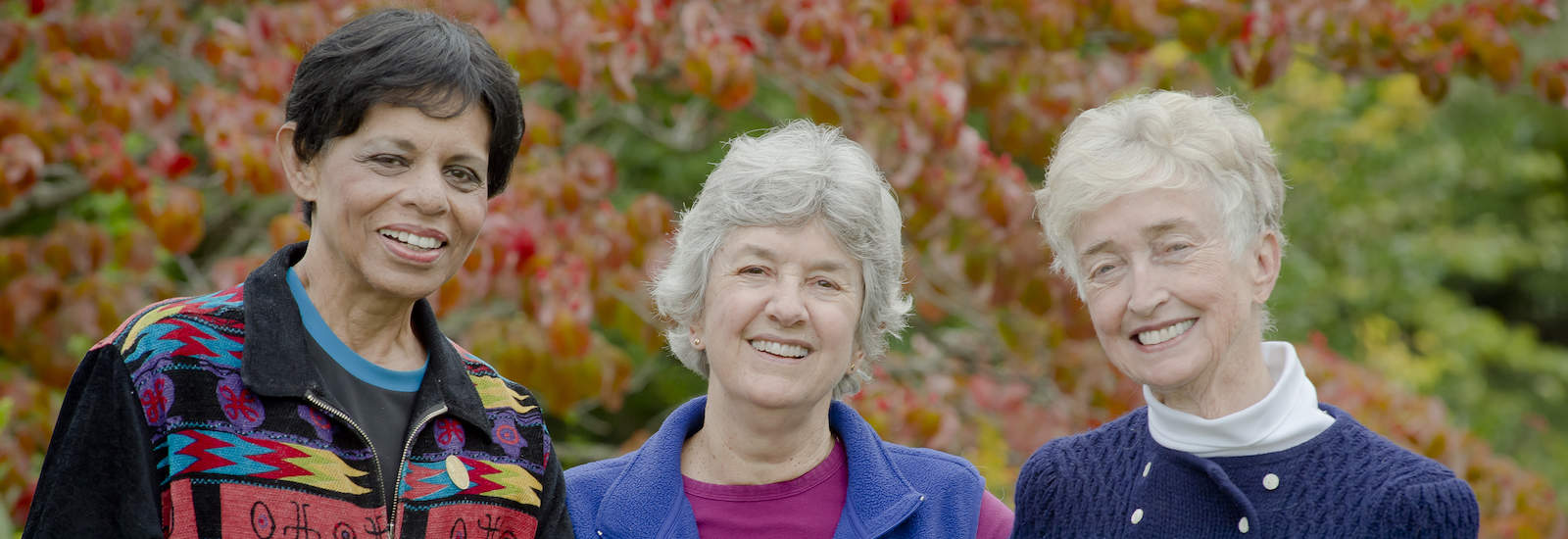Falls Prevention in Seniors
How can seniors safeguard themselves from falling? It’s an important question because every 15 seconds, an older adult receives emergency room treatment for fall-related injuries, according to the National Council on Aging. In addition to broken bones, falls are a leading cause of traumatic brain injury in seniors. The cost of falls and follow-up care required is significant. And for some, returning to the home is simply not an option.
- Fitness counts
Exercise is one of the most important ways to reduce the risk of falling. Exercise increases strength, improves balance, coordination and flexibility and helps makes you feel better. Here are three recommended, simple programs from Asbury’s senior wellness experts.
- Stay focused
Schedule annual eye exams. Brighten dark interiors by opening curtains, turning your lights on to prevent shadows, and using night lights in your bathroom and other dark areas. - Don’t keep secrets
Schedule routine visits to your doctor and discuss any falls, or “almost falls” to determine what safety measures you can implement. Discuss your medications with your primary care physician and try to get your medication from only one pharmacy if possible so that your pharmacist is aware of all your medications, interactions, side effects, and contraindications. - Assess your shoes
Footwear is a major culprit in many falls. Be prepared to change your shoes to match the walking surface. Shoes with thick rubber soles and tread can catch on carpets, but maybe just the thing for walking outside. It’s best to avoid high heels and slick leather or plastic soles. Shoes that tie are more reliable than slip-on shoes. Elastic laces are great if you have arthritis or dexterity issues. - Eat for strong bones
Calcium and Vitamin D promotes bone health. If you are not getting the recommended levels of both – and many of us don’t – speak with a health professional about supplements.
The emotional toll of falls
More than a quarter of older adults who fall begin limiting their outside activities, according to the National Council on Aging. Social isolation is costly for us cognitively, emotionally and physically. The less we are out and about, the less we use our muscles and balance. The less we use our muscles and balance, the weaker and more prone we become to falls.
We encourage you to reach out to your local Department of Health, Office on Aging or YMCA for resources in your community.




